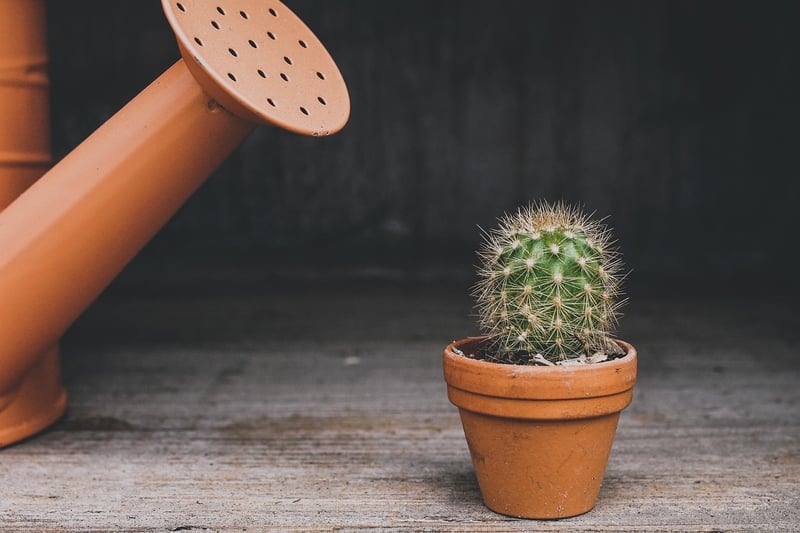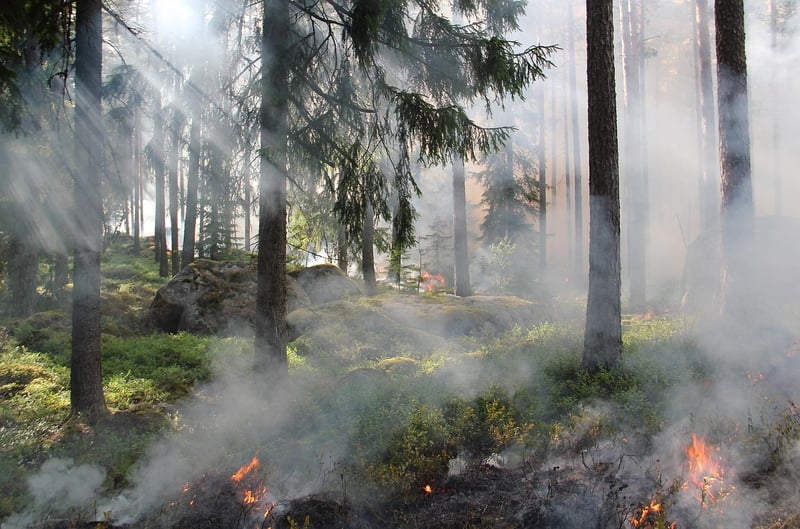Water conservation
Environmentally Friendly Gardening Methods and Water Conservation

Gardening is a wonderful way to connect with nature and beautify your surroundings. However, traditional gardening practices can sometimes have a negative impact on the environment. By adopting environmentally friendly gardening methods and practicing water conservation, you can create a sustainable garden that benefits both your plants and the planet.
1. Composting
Composting is a great way to reduce waste and enrich your soil naturally. By composting kitchen scraps and yard waste, you can create nutrient-rich soil that will help your plants thrive.
2. Mulching
Applying mulch to your garden beds helps retain moisture, suppress weeds, and regulate soil temperature. Use organic mulches like straw, wood chips, or shredded leaves to improve soil health and reduce the need for watering.
3. Native Plants
Choose native plants for your garden as they are well-adapted to the local climate and require less water and maintenance. Native plants also provide food and habitat for local wildlife, promoting biodiversity.
4. Drip Irrigation
Install a drip irrigation system to deliver water directly to the roots of your plants, reducing water waste through evaporation and runoff. Drip irrigation is more efficient than traditional overhead watering methods.
5. Rainwater Harvesting
Collect rainwater in a barrel or cistern to use for watering your garden. Rainwater is free of chlorine and other chemicals found in tap water, making it ideal for plants. It also helps reduce your water bill and lessens the strain on local water sources.
6. Integrated Pest Management (IPM)
Implement an Integrated Pest Management approach to control pests in your garden without resorting to harmful chemicals. Use natural predators, physical barriers, and organic pesticides to keep your plants healthy and pest-free.
By incorporating these environmentally friendly gardening methods and water conservation practices into your gardening routine, you can create a sustainable and thriving garden that benefits both the environment and your well-being.
Remember, small changes in your gardening habits can make a big difference in preserving our planet for future generations.
